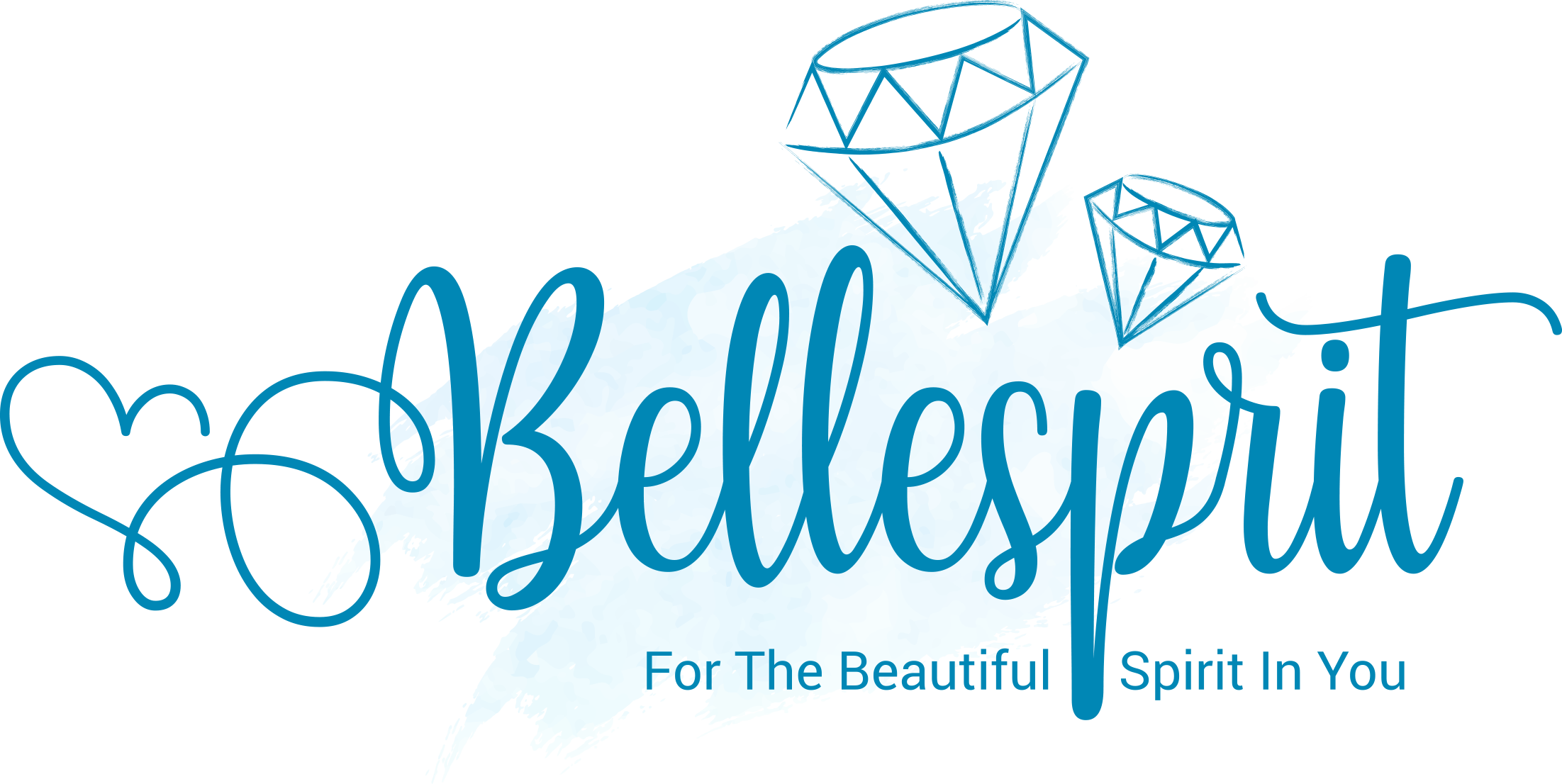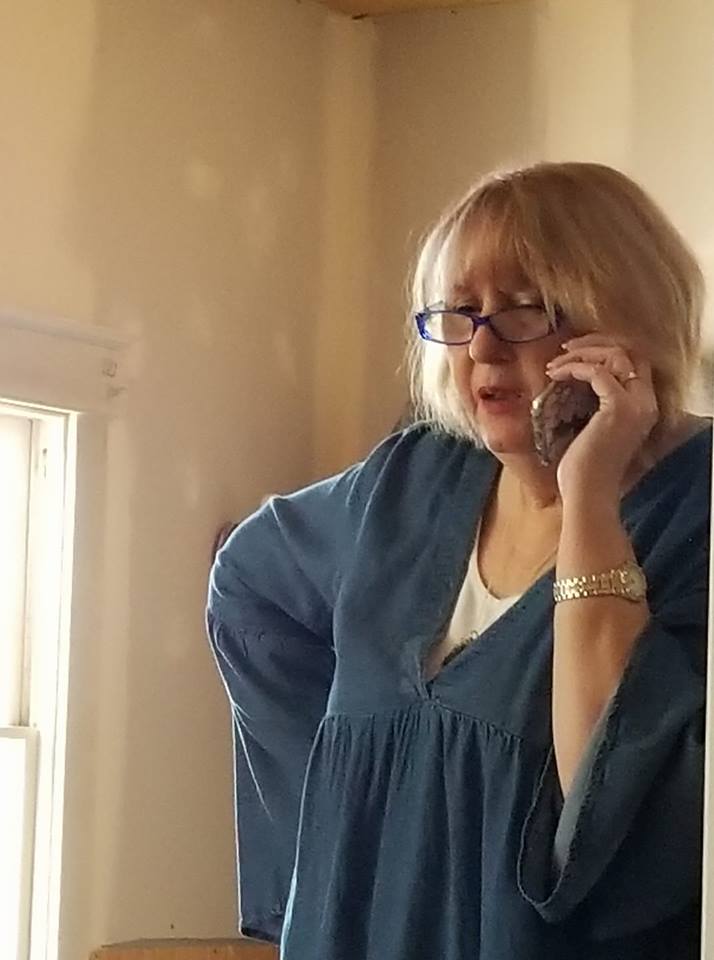“We tend to fight in others what we deny in ourselves.” – Wendy van Mieghem Behind every emotion or feeling that brings us difficulty, there is a gate to inner wisdom, joy and fulfillment. In this new series of “Find your wisdom” articles, we’ll explore the wisdom behind an emotion, instinct or feeling that we’re struggling with. This first article is about the wisdom behind jealousy. Inner growth We all long to be nourished, loved, praised and appreciated for who we are and what we’re doing. Every human carries a treasure inside with an overload of qualities. Expressing ourselves through our qualities in who we are and what we truly need, will lead to the deepest satisfaction and joy we can experience in life. It leads us to be alive in the moment 100%. It is our responsibility to become aware of our deepest and most true desires. After recognizing them in ourselves, we’re invited to express them in every possible way in order to shine. And it’s not that we don’t want that, but somewhere along the way, while getting to know ourselves and life, we tend to become entangled or distracted… Every person who takes the effort to tune in to their inner being and to listen to what she or he needs, is a brave creature. For the place where we meet our deepest qualities and longings, is also the space where we face our deepest fears. Fear of rejection, fear of loneliness, fear of death or loss, fear of mental or physical disease, fear of intense emotion. The process of finding a way and balance through this is what I call “inner growth” to get to know and to learn to feel emotion on a deeper and deeper level, in order to become more conscious and aware of yourself and of life’s vast tapestry of experience. Jealousy To become aware and to allow instincts, emotions and feelings will lead you to the deepest possible fulfilment in life. At the same time, everywhere in this world, there’s nothing we find harder to do than this! We tend to walk away (or run away) from our feelings and to suppress or ignore our instincts and emotions. We’re scared of change; scared of the physical and mental intensity of emotions; scared of emotional pain; scared to feel despair and the lack of control over ourselves and over our lives when we allow our emotions to BE in the core of their depth. Perhaps we’re also afraid that the purity of our emotion could lead to destruction. So we put the less pleasant experiences away and clean them up, for as long as we can… The world inside and the world outside are mirrors to each other. When we don’t want to know our own emotions and feelings, we’re unable to deal with the emotions and feelings of others. When someone shines and receives appreciation for expressing her qualities, we might begin to envy her. It hurts to see how somebody else is able to grow while we’re still struggling with ourselves and don’t quite know what to do with our lives. Being jealous means that you’re afraid not to be able to have or to keep in your life what the other one seems to be experiencing right now. Often jealousy also touches our impatience and distrust. We feel envy and want to have what the other has NOW. Most of all, we would like to claim or demand it right away. At the same time, we lack the trust in ourselves that we’ll be able to get out of our life what we need. Or we just don’t know how to get there. Let’s clarify this with an example: “Mary is a beautiful young women in her mid-twenties. She’s in a relationship with George, who’s really fond of her. From time to time Mary feels intensely uncertain about herself. She’s afraid she’s not good enough for George and that he will leave her as soon as he’s found someone who’s much prettier than herself. Although George tries to reassure Mary how much he loves her for who she IS, this doesn’t help Mary to feel more secure. While returning from the bathroom on a night out, Mary sees George is talking to a gorgeous young woman. They seem to be having fun together, for George is laughing about something the girl says. Mary feels instantly extremely jealous; she can’t stand the feeling that George seems to have a better time with that girl than she feels able to give to George. Mary immediately runs to George and pulls him away while snapping at the girl to back off. George is stunned, but walks along with her, leaving the young woman behind in shock.” So being jealous means we’re attracted to the bright light of the other, and at the same time we fail to trust ourselves that we’re able to shine bright in our own way. We have a fear-based belief that we need to possess or control that bright light in order for us to feel safe. There is a destructive edge to jealousy Every time we’re unable to take responsibility for our own jealousy, it brings along destruction. The emotion of jealousy creates a field of projection which is quite narrow. In jealousy we shrink the other, then we take them apart like a jackal on a piece of meat. After that, we attack our partner because he dared to enjoy the conversation. His experience was out of our control. We could lose him. In that moment, we experience the possibility of the incredible pain of loss and rejection. To realise that we’re at risk of experiencing this pain is unbearable. Out of fear of the suggestion of rejection, we reject the other at once. And all of this is happening inside you while others don’t have a clue… In jealousy, the escape from the suggestion of a rejection means we tend to suppress, ridicule or destroy the quality or expression of the other. We find a certain amount of satisfaction in this destruction: “If I’m not able to get what I want, then certainly you won’t as well.” By expressing our urge to destroy it becomes even harder to feel what we need in our life and to find our wisdom behind the jealousy. We begin to destroy ourselves as well. When you’re the one people are pointing their jealousy at, you might feel vulnerable. Often we’re not even aware of what the other is jealous about. We certainly don’t want to be at cause in inflicting such pain on another. The more intense someone’s jealousy, the sooner we tend to take the other into account and adjust our expressions. We do this out of fear of:
- (more) rejection
- (more) destruction
- not to fit in the group
- abandonment
- loneliness


